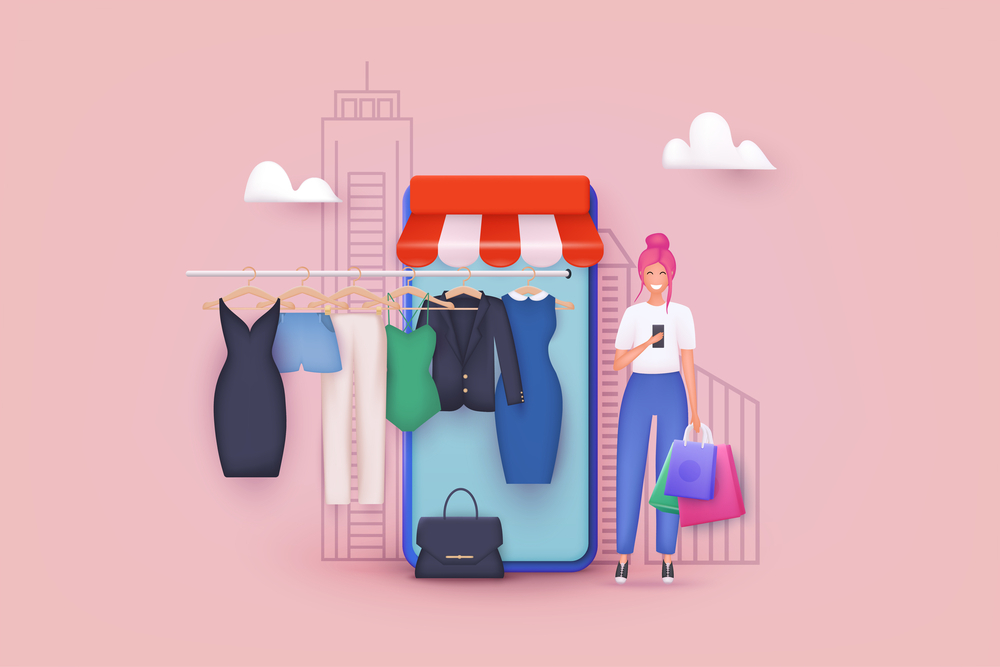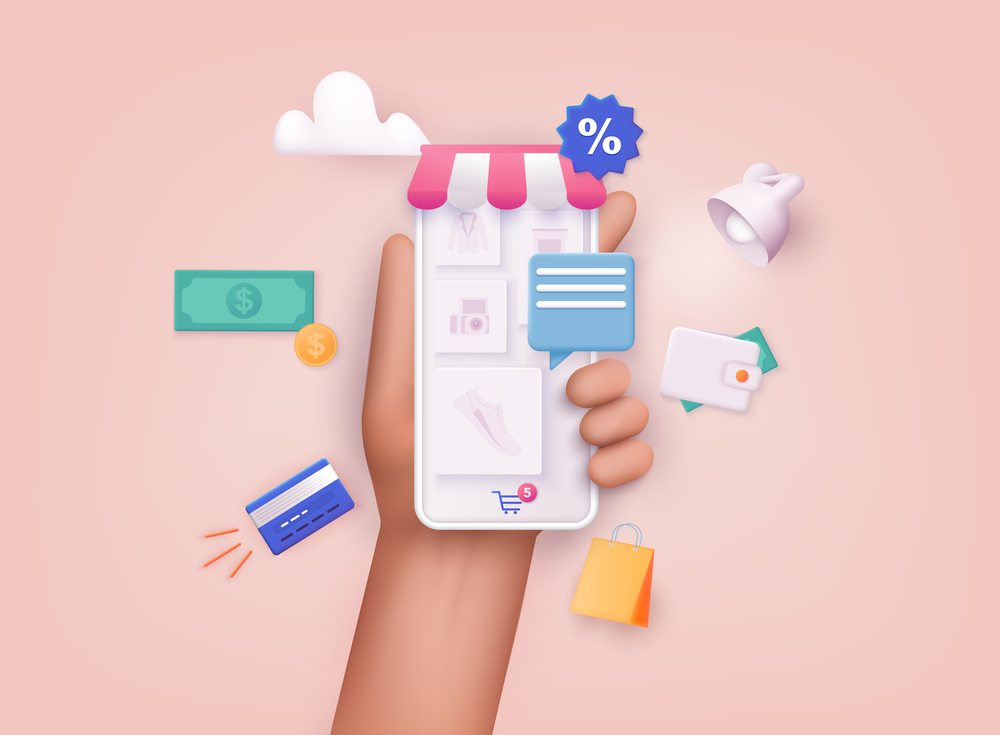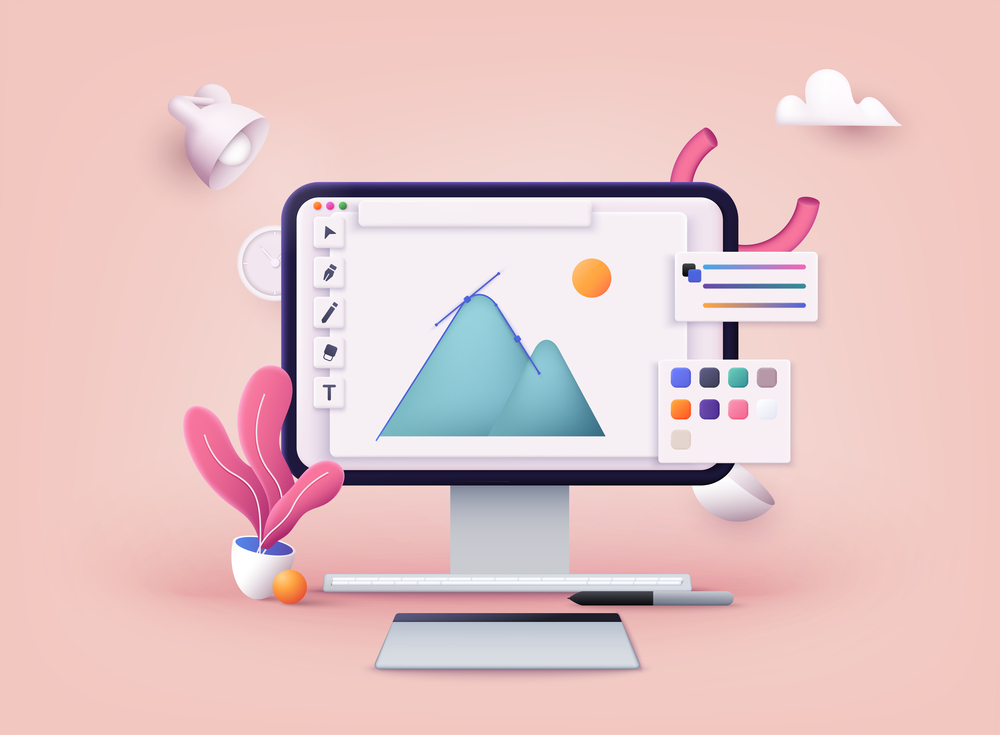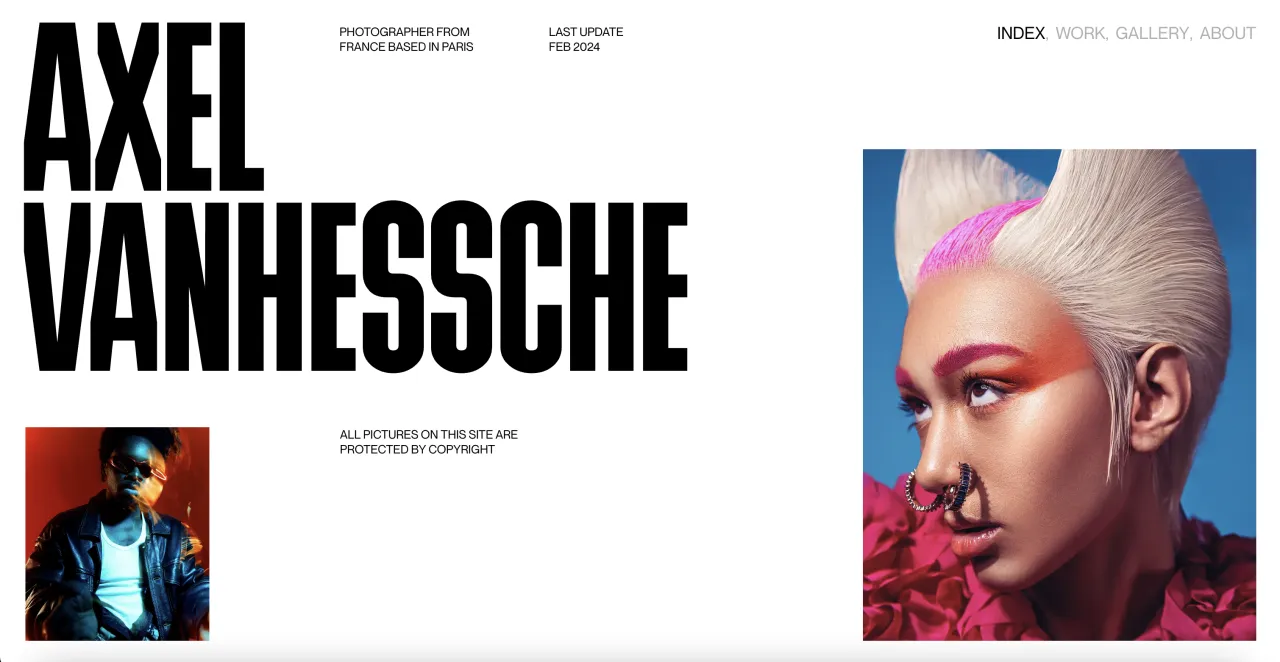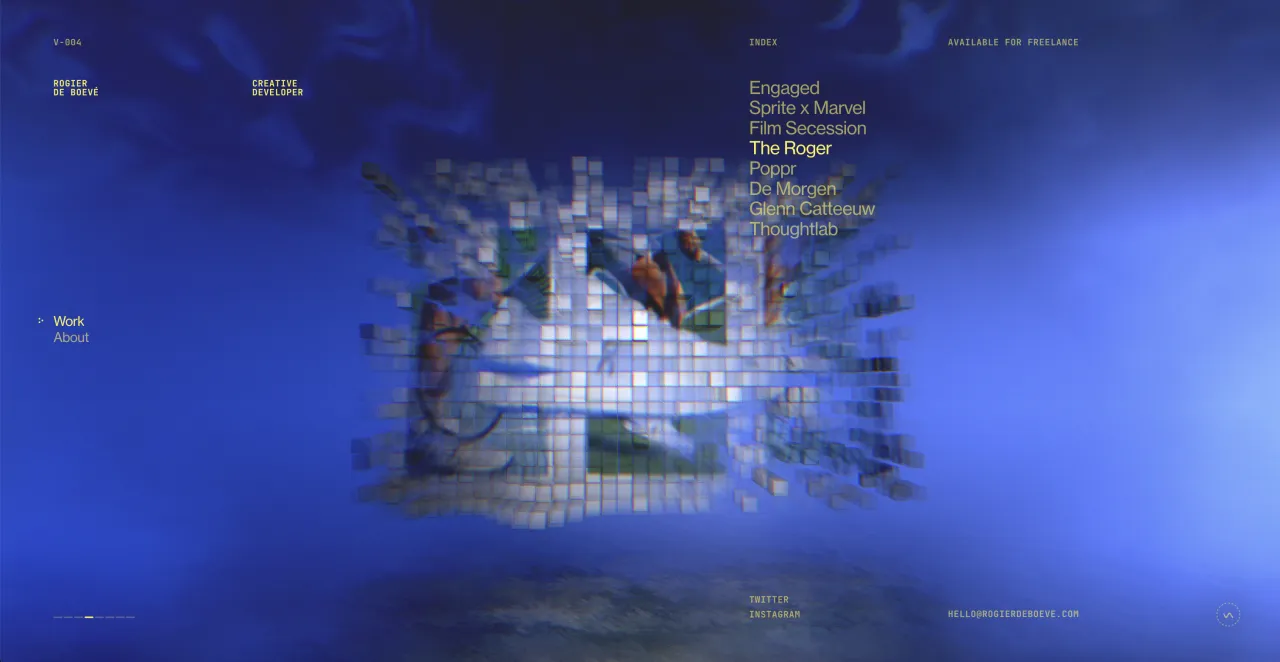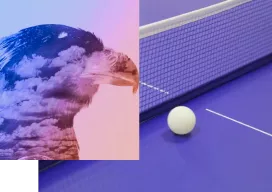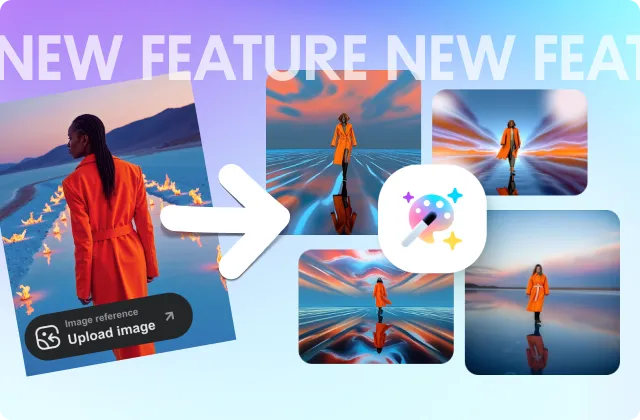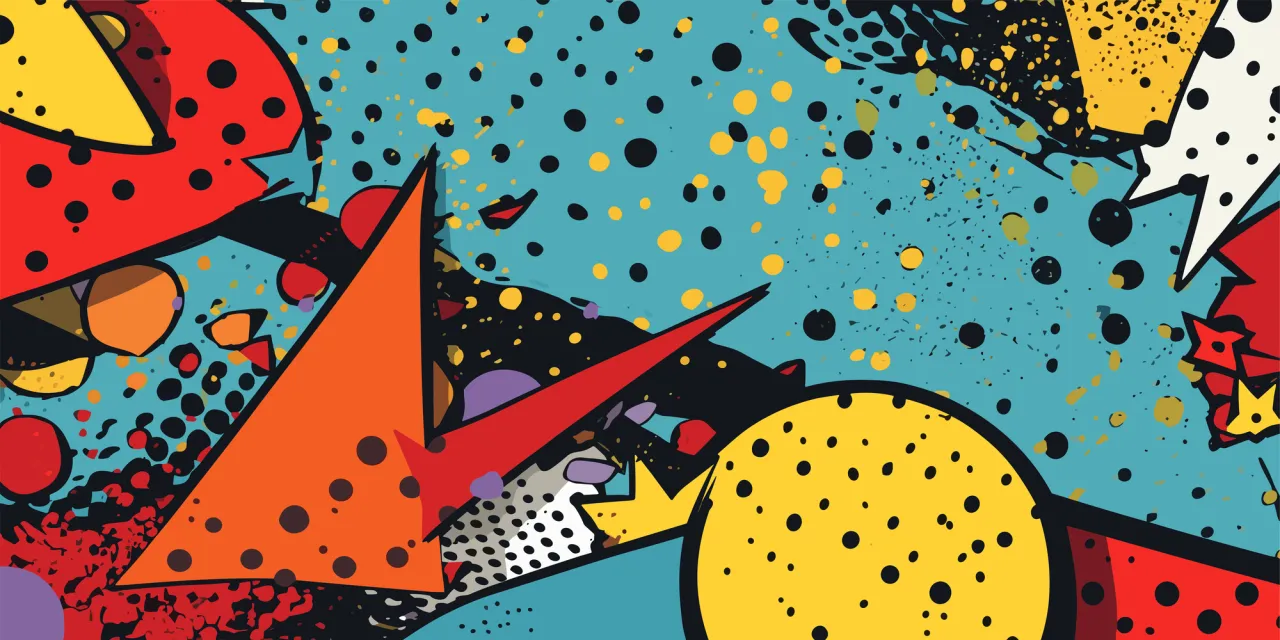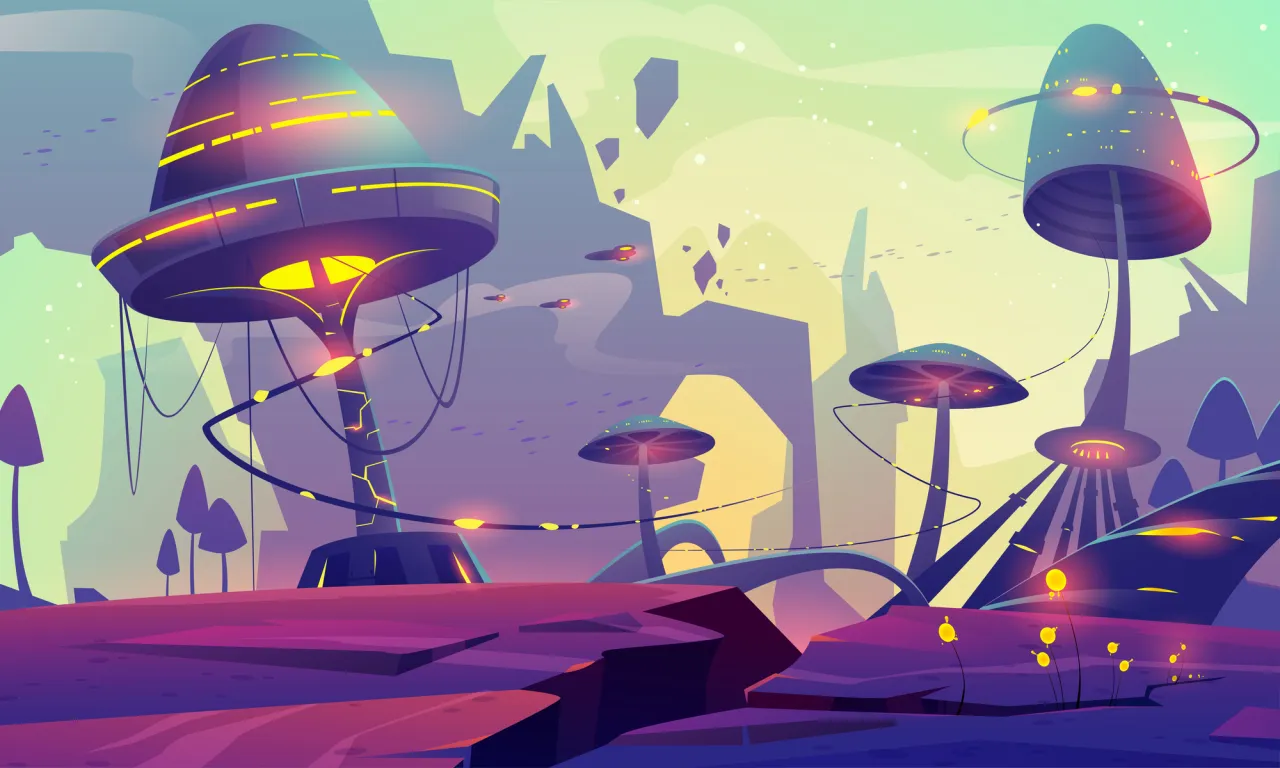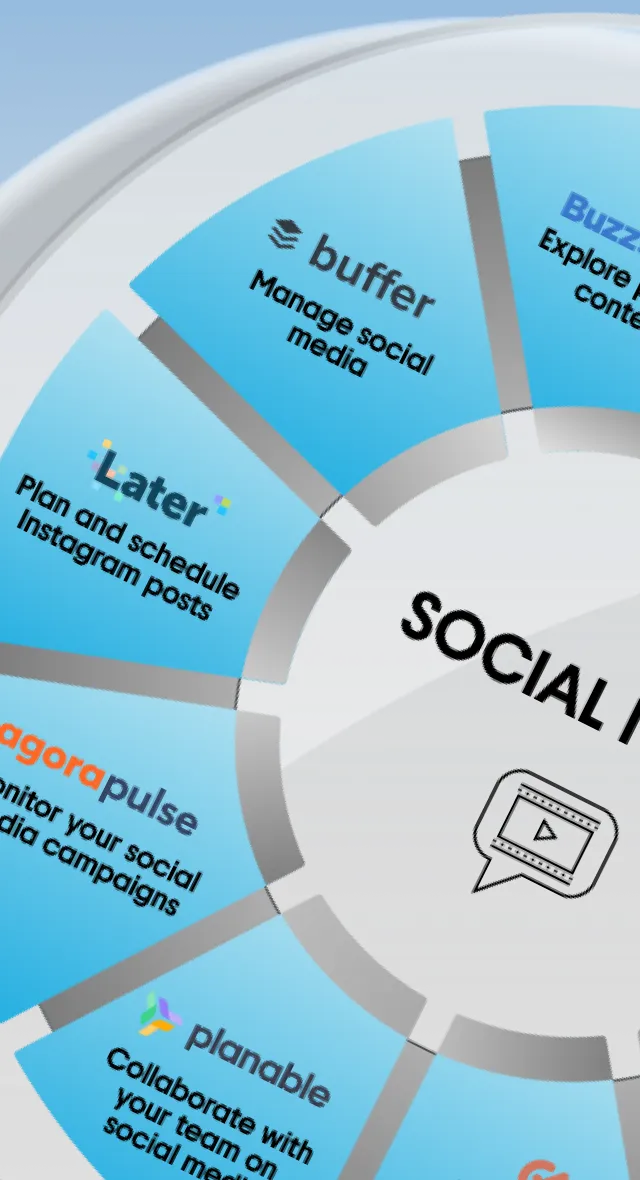How to Improve a Client’s Shopping Experience with Image AI
The visuals you show customers have a significant influence on their purchase decisions. Recent research has proven that over 60% of US buyers need at least three or more product images before considering buying an item.
It’s not just the quantity of images on your website that matters. While shopping online, users also prefer to see high-quality photos—90% of Etsy’s buyers admitted that image quality is an “extremely important” factor in their online shopping.
Can AI Image Generators help eCommerce brands enhance their customers’ experience? The simple answer is “Yes.” However, generated visuals in your catalog might lead to a loss in trust, especially among shoppers who want real photos of goods.
In this article, we’ll review aspects of eCommerce visual communication and find out where generative solutions can help customer experience and where it is better to avoid them.
Generate Images5 image types eCommerce brands need in 2024
You have from 10 to 20 seconds to interest users with your offers or business—otherwise, they’ll end up leaving your website, says research conducted by Nielsen Norman Group. And since images and headlines are usually the only elements users comprehend during their first online visits, creators must ensure they are impactful, convincing, precise, or at least intriguing.
Generative AI is one of the best cost-effective tools for creating images fast. That’s why eCommerce projects that adopt such technologies sooner are more likely to overcome competitors. But there are some limitations, too. While creating any content for eCommerce, one must follow industry and ethical rules:
- Prioritize high-resolution image quality;
- Follow brand consistency across platforms and campaigns;
- Present products without misleading users about their properties;
- Keep images informative and in line with your brand’s philosophy;
- Optimize image size to enable fast website procession on user devices.
If an AI image generator does not lead to conflicts with those rules, you can use tools like this for your eCommerce designs.
Avoid generating product, production site, and team images. Instead, take real-life photos or videos of them. AI Image Generator also can’t be a tool for creating trademarks (all generated images are available under Standard License).
There are several types of visual content you can automate with AI:
- Corporate style elements—permanent and seasonal;
- Hero images for your website, images to illustrate articles or improve navigation, UI layouts like popups and banners;
- Product instructions;
- Email templates and non-product images for them;
- Illustrations for packaging and greeting cards;
- Social media content—post templates and seasonal design elements.
Ensure that the content you generate will not confuse users who think you are showing live-shot photos. If your images look too close to reality, it’s always better to add a disclaimer about their artificial origin. To learn more about images for online retailers and marketplaces, read our guide dedicated to Types of Visuals Every eCommerce Brand Needs.
Essential tips to generate eCommerce images with AI
#1 Describe image style, composition, and important details
The more details you include in your prompt, the higher the probability of receiving results that will satisfy your needs. To make new images consistent with existing brand communication, start by mentioning details that are peculiar to all of your images. That can be a brand color palette or attributes reflecting your brand’s values.
Explore our big piece on this matter—5 Essential Tips for Crafting Effective AI Image Generation Prompts.
#2 Mind resolution and image quality
AI Image Generator by Depositphotos creates images with a resolution of 2048×2048 pixels. This size works well for social media, blog illustrations, video ad integration, and banners. If you need bigger files, you can apply Image Upscaler, a free tool from our creative ecosystem that enhances the size of your generated images without compromising quality.
#3 Try generating layouts, templates, and background mockups
One of the great things about generating images is that you can create almost anything using your imagination. For eCommerce projects, this means you can experiment with emails, banners, social media posts, or modal form templates at lower costs. Moreover, you can create consistent sets of design templates, slightly changing your prompt.
More on this topic—Brand Style Guide Done Right: Key Rules of Consistency.
#4 Consider the context of your images
Your customers comprehend visuals along with other design elements on your eCommerce pages. Page backgrounds, fonts, text color, and the style of navigation elements should work together to immerse users in your brand and products. Pay attention to the overall user journey, too. For example, if most visitors come from social media or after clicking a particular commercial, use matching colors and visual attributes in generated images.
In this article, we discuss more about how to turn a user into the hero of an adventurous journey: A Brief Guide on Sequential Storytelling.
#5 Ethical aspects matter
Image generators don’t “think like humans” and do not always distinguish whether their content is ethical enough to show to specific user groups. For this reason, you need to double-check generated results and decide whether or not to add them to your website.
We suggest you ensure that your AI-generated visuals do not include symbols that discriminate against people based on gender, religion, or race. Try to avoid stereotypes and disturbing images, too. Find more rules for generating images your users will appreciate here: Dos and Don’ts for Creatives Working with Text-to-Image AI.
#6 Leverage situational marketing and “speak” to different buyer personas
Image generation enables you to be more flexible with your campaigns and react quickly to news or marker changes. You can also create more seasonal content to spark new interest in your products among those who bought from you before.
In addition, you can easily create entire sets of marketing visuals tailored to the values, needs, and fears of a particular type of customer. Enter your prompts and generate versions of the same offer banners and emails!
Boost conversions even more with our tips on client surveying—How to Create Buyer Personas: A Comprehensive Guide with Examples.
Start generating commercially safe images!
Generating images with AI for your eCommerce needs is safe with Depositphotos. All the content you create with our tool is unique, licensed, and secure—which means it will not become a part of any third-party library and is only available to you. Moreover, AI generations are included in our plans, so you always have a chance to choose which approach works best for you: either select an image from our 290M+ file library or create one from scratch.
Already have an active plan on Depositphotos? Check if you have generations and take your first steps toward enhancing customer experience with AI images.
Boost your marketing with our top articles on the topic:
Your Ultimate Guide to eCommerce Personalization and Tailored Product Discovery
13 Instagram Hacks for eCommerce Brands to Sell More
AI Marketing: How to Enhance User Experience Through Automation
